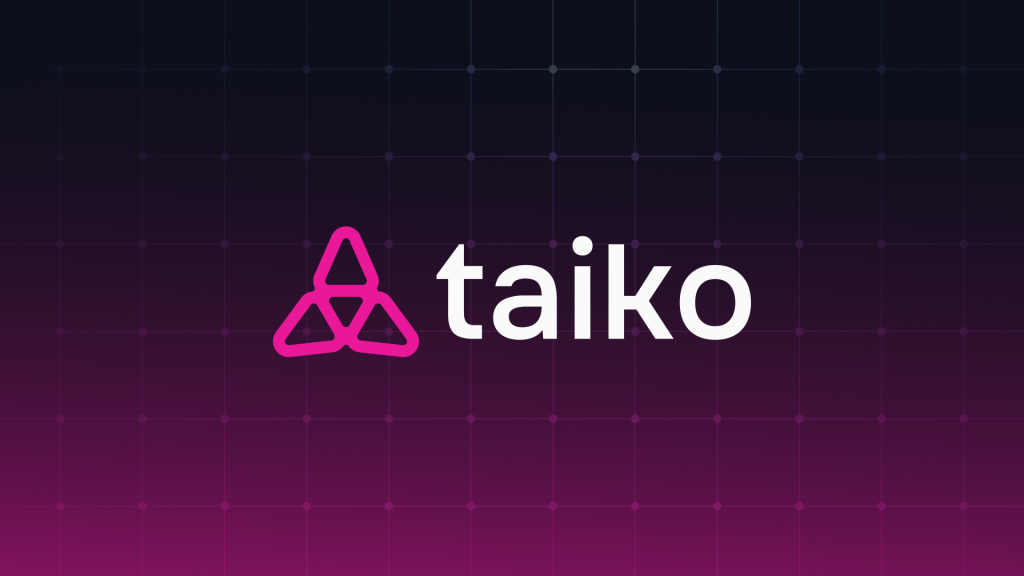In the midst of cryptocurrency’s speculative landscape, there exists a cohort of individuals championing blockchain’s capacity to decentralize facets of human interaction for the common good. Daniel Wang, founder of Taiko, stands among these idealistic innovators.
Originally aspiring to bring decentralization to social platforms, Wang envisions decentralized networks, like blockchains, as bulwarks against censorship through distributed data storage and community-driven content moderation.
“I envision a future where individuals can freely express themselves online,” Wang expressed at an Ethereum developer conference in November. “Without the freedom to critique, progress is stifled.”
Initially eyeing Ethereum to build his decentralized application (dApp), Wang encountered a roadblock. Despite Ethereum’s appeal to developers with its “smart contracts” facilitating diverse crypto applications, the existing “layer 2” solutions lacked true decentralization.
“It’s problematic to build decentralized apps on centralized blockchains,” Wang elaborated in a subsequent email interview.
With Ethereum’s limited throughput of around 15 transactions per second, rendering it impractical for many applications, Wang recognized the need for scalable yet decentralized solutions. Consequently, he founded Taiko in March 2022 to address this gap.
In the past two years, rollups have emerged as a favored investment thesis in the web3 space, and Taiko has capitalized on this trend. The startup recently closed its Series A funding round with $15 million led by Lightspeed Faction, Hashed, Generative Ventures, and Token Bay Capital, bringing its total funding to $37 million and earning it unicorn status.
Additional investors in this round include Wintermute Ventures, Presto Labs, Flow Traders, Amber Group, OKX Ventures, GSR, WWVentures, among others. While certain investments await regulatory approval, Taiko remains focused on preparing for its mainnet launch.
Taiko’s main goal is to create a truly decentralized social network, where users own and control their content, ensuring data privacy, security, and censorship resistance. Wang emphasized the importance of community-driven governance akin to Ethereum’s structure.
However, Wang acknowledges the challenges ahead, particularly in maintaining content quality and safety. To address this, Wang proposes an intermediary layer or “relayer” to filter content, reflecting the decentralized network’s unique perspectives while attracting diverse user bases.
Despite the hurdles, Wang remains optimistic about the future of web3, recognizing the gradual evolution towards mass adoption and the integral role of existing technological achievements in shaping the crypto landscape.

